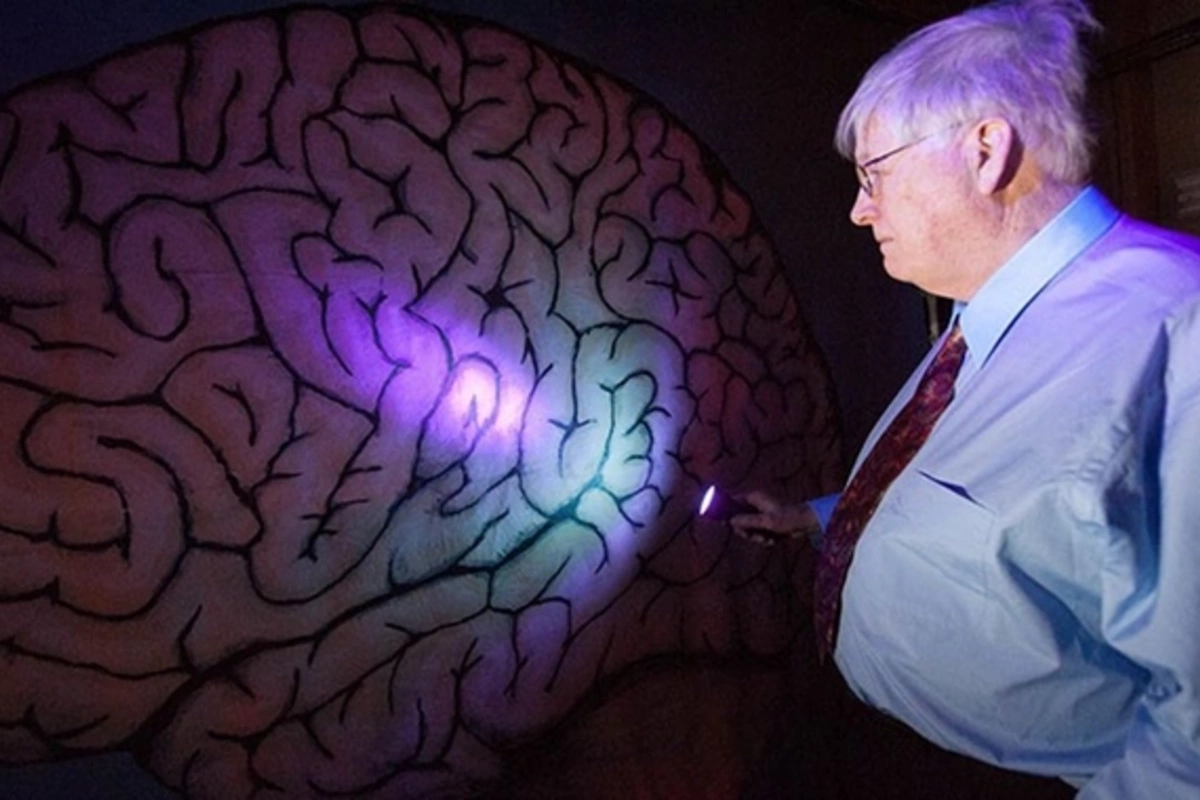11 Jun , 09:36
4

When the heart stops, we are used to thinking that's it - the person is gone. But in reality, the death of the body is not a moment, but a process. Especially when it comes to the brain.
After the cessation of heartbeat and breathing, an amazing and even frightening chain of events begins, which can continue for minutes, and sometimes hours.
Immediately after cardiac arrest, the brain doesn't shut down instantly like a computer. It enters a kind of emergency mode. Researchers have recorded a powerful surge of electrical activity within 30 seconds after circulation stops. This phenomenon resembles a waking state - as if the brain momentarily becomes hyperactive. Perhaps it is during these seconds that a person experiences the famous "life flashing before their eyes" or the sensation of separating from the body.
An even more striking discovery - the brain is able to maintain signs of activity up to 10 minutes after clinical death. During a Canadian study, scientists observed slow brain waves in a patient 10 minutes after cardiac arrest. In other patients, activity disappeared faster, but this unique case baffled the entire scientific world.
After death, neurons begin to gradually break down, but this process doesn't happen instantly. Under certain conditions, for example, at low temperatures, individual brain cells can remain alive for up to several hours. In one experiment, scientists managed to partially restore metabolic processes in a pig's brain by connecting it to an artificial circulatory system 4 hours after the animal's death.
These studies raise a fundamental question: where is the boundary between life and death? If the brain is still able to respond, albeit at a basic level, does this mean it is alive?
Neurologists also hypothesize that consciousness may persist for several seconds or minutes after death, especially in cases of sudden cardiac arrest. People who have experienced clinical death often describe similar phenomena: a light at the end of a tunnel, an extraordinary feeling of peace, meetings with deceased relatives. There is no scientific explanation for these phenomena yet, but the coincidences in the accounts are truly remarkable.
And finally, one of the most eerie and controversial facts: in some rare cases, bodies "sighed" or "made sounds" some time after death due to air remaining in the lungs and involuntary muscle contractions. This phenomenon is not related to consciousness, but makes a shocking impression on witnesses.
The brain is the last organ to give up in the face of death. And, possibly, it doesn't cease to exist at the moment the heart stops, but significantly later. This discovery is forcing scientists to reconsider the very definition of death, and us - to rethink what it actually means to be alive.